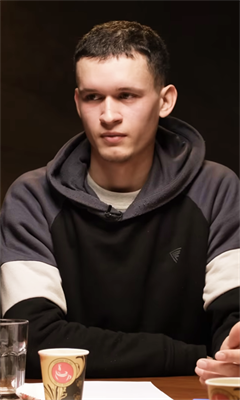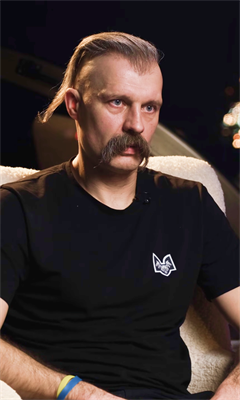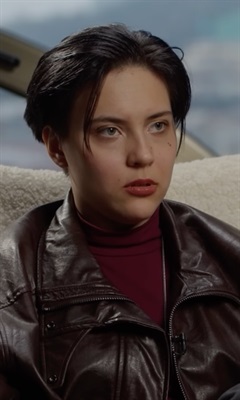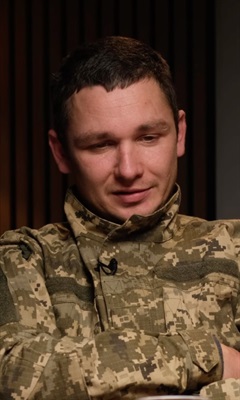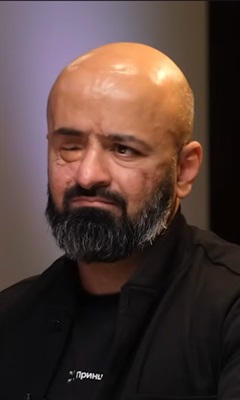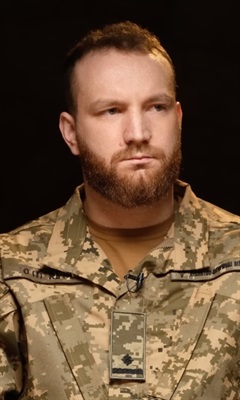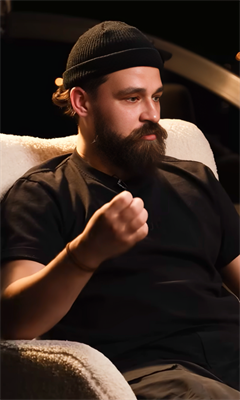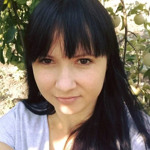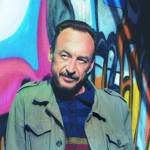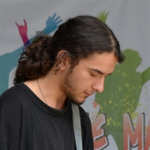The death of journalist Oleksandr Makhov: how his friends remember him
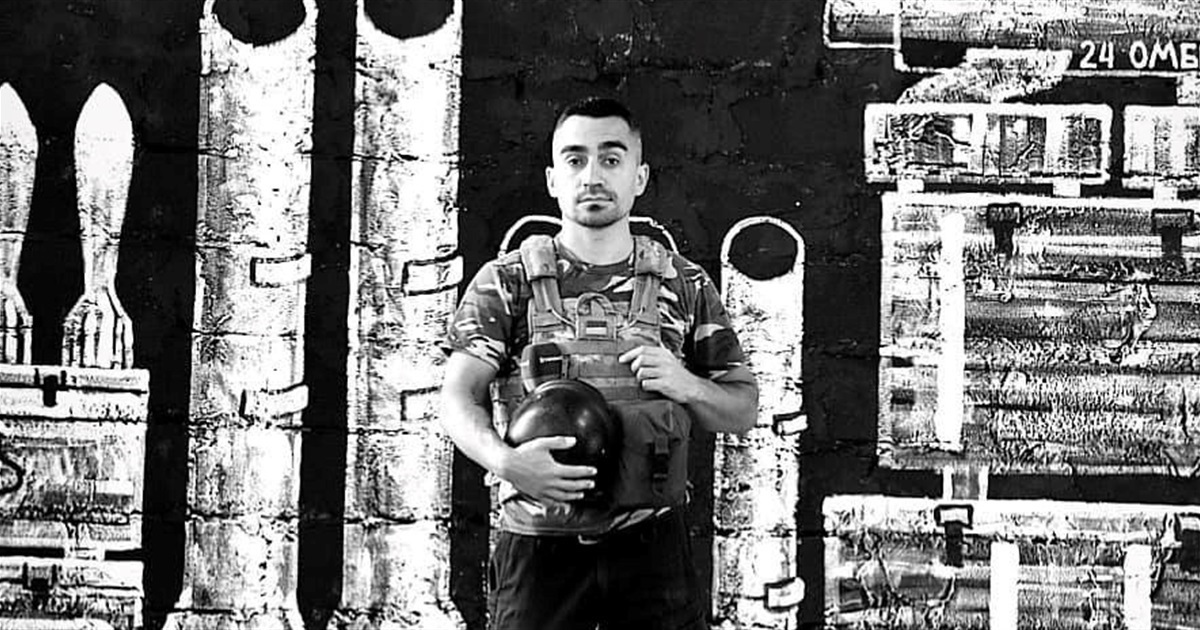
"36… I am celebrating my birthday in the circle of the bravest people of this country. It is an honor for me to join them protecting my country", Oleksandr Makhov wrote in his Facebook post.
Oleksandr Makhov was a war correspondent in Donbas back in 2014. On February 24, he once again went to the front to defend Ukraine. "I am a veteran and reservist. I am going to war. The time of the war for independence has come! I will fight and kill as long as I can".
After some time, he was wounded. However, Oleksandr stayed on the front. "Fierce combat. I have been wounded by shrapnel. Going strong".
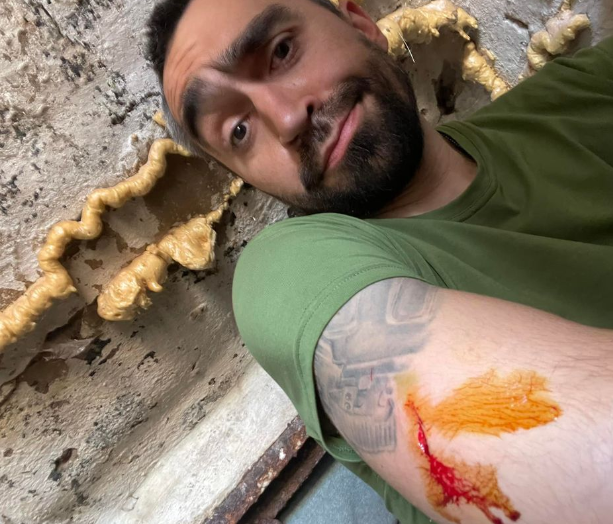
In his last post Oleksandr wrote, "Near Izyum our indefatigable AFU have repelled another Russian assault. Russians have been assaulting us after continuous artillery shelling. At least 10 tanks must have been involved in the attack. Infantry fighting vehicles and infantry have entered the fray. Helicopters were there as well. Simple peasants, foremen and cooks kick asses of the ‚world’s second best army‘. I want everyone to be proud of our army. We are fighting for our country, our home. Believe in the AFU".
The last photo posted by Oleksandr on Facebook featured his native land strewn with traces of shells. "That’s what the Ukrainian soil looks like after Russian attacks. There are Ukrainian soldiers down there".
On May 24, President Zelenskyy bestowed on Oleksandr Makhov the Order for Courage of the 3rd grade order posthumously. Oleksandr’s friends and colleagues told Svoi about Oleksandr the patriot, the professional, and the soldier with the call sign "Journalist".
Olena Tereshchenko, "Makhov was definitely neither submissive nor compliant"
Whenever someone asked me before about whether I knew Makhov I would always smile. In my eyes, he was not a grown-up or a famous reporter, but a black-haired boy with a piercing, wearing harry-potterian glasses. That is the recollection I have of him now. However, I no longer smile. He was my student. At that time I was working with the regional state TV and radio company. I delivered lectures to would-be journalists. My main capacity was, however, that of a journalist, and not of a lecturer. It was from the perspective of the former that I evaluated my future colleagues.
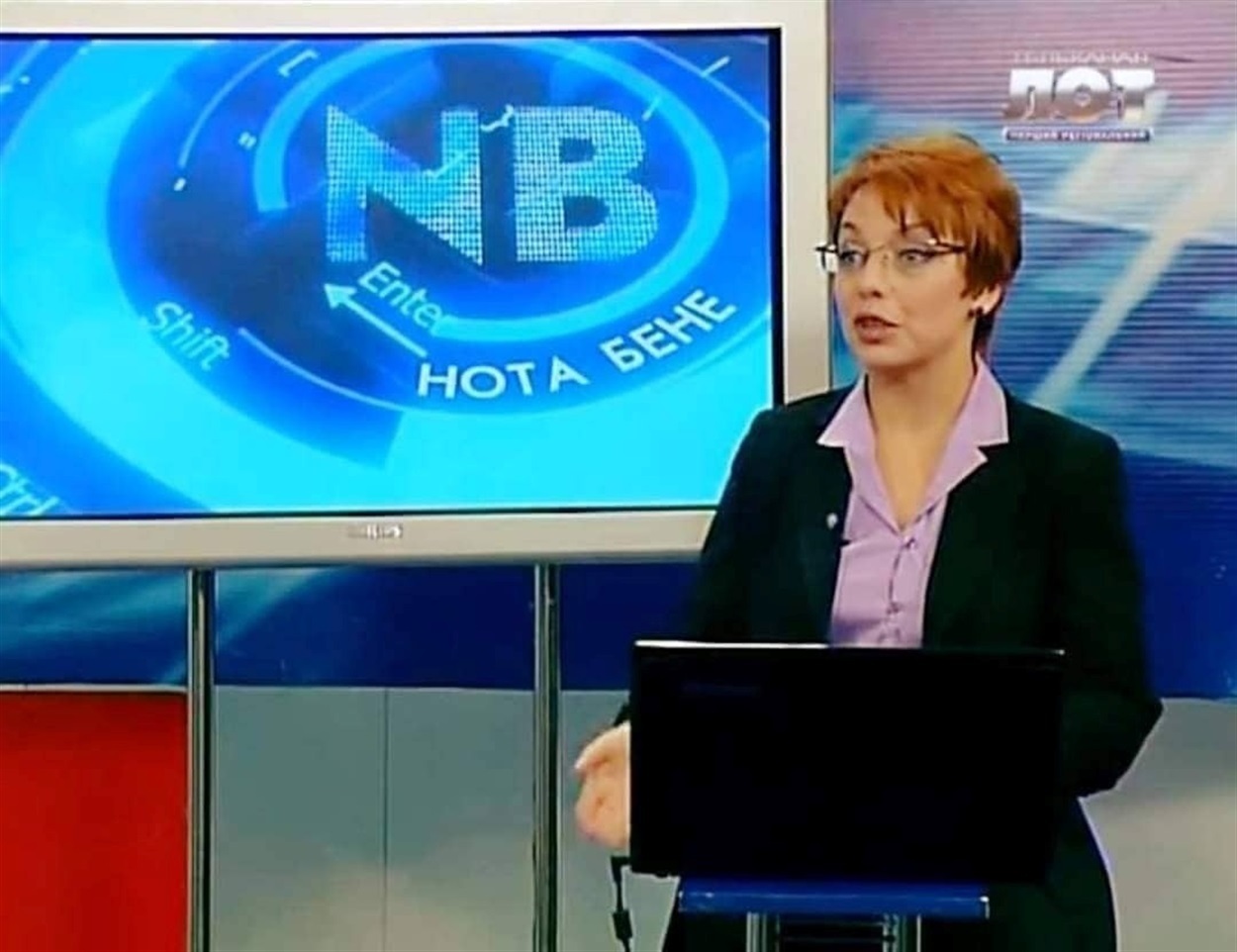
He came from a regular Luhansk family. When he studied at university he would earn some extra cash by working as a night watchman at a kiosk selling flowers. He was a big soccer fan, he knew everything about this game. I thought that he would work as a sports journalist just like his friend Mykhailo. It did not come to be. His main specialization was covering the life of the city, the region, and its people. His first employer was the news department of the Luhansk regional television. I used to repeatedly tell my students that they could only learn journalism by working out in the field. Oleksandr did take my advice. He became a correspondent working with one of the Ukrainian national channels. His career would thus have gradually developed, had the war not broken out. Had there not been the year 2014 or 2022.
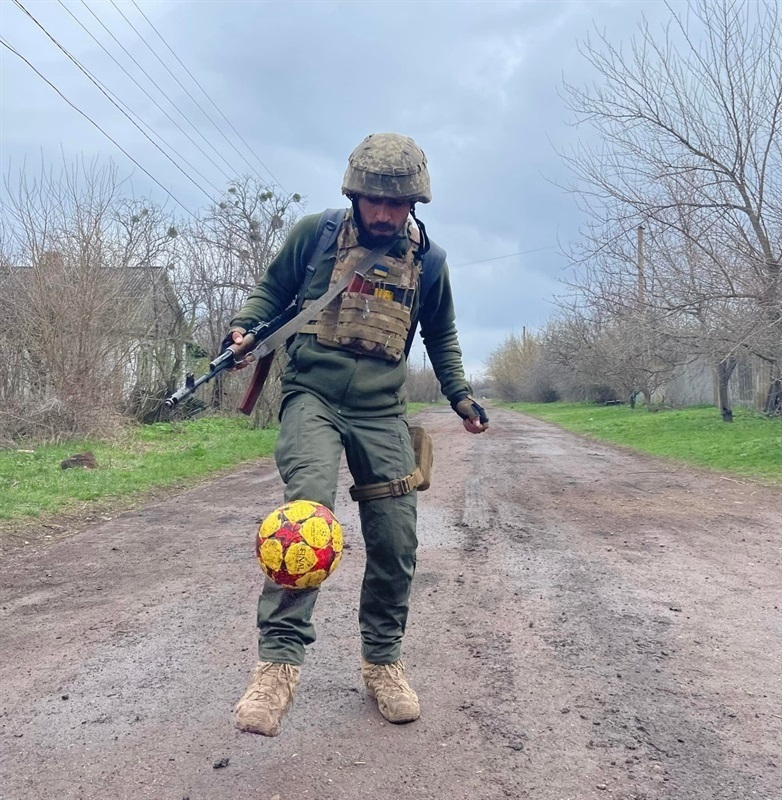
Actually, he had great career potential. He knew how to set goals (both tactical and strategic) at work, in life, and while living in society. He knew how to achieve them. He worked as much as he had to and even more. Oleksandr got on well with people and appreciated their friendship. However, there was a thing that he placed a greater value on, namely, a character of a man.
He could not come to terms with somebody else coming into his home and his native city and telling him how to live. This is something he could not accept. Makhov was definitely neither submissive nor compliant. After the war broke out there was no place in his mind for cold reasoning or logic.
He simply made them conscript him into the army. There was no place for romanticism. It was more about anger and a thirst for justice. He was a war correspondent, so he had no illusions about what war meant. In 2022 he decided that there was no place for occupants in Ukraine. He set off to fight, this time forever.
His death has left a great void. His friends, acquaintances, nearest and dearest are now bereft of his calming confidence, ambitious plans, jokes, and love. Luhansk, our acacia, and apricot trees… All these things are different without him.
Victor Bilohortsev: "Oleksandr was dreaming of writing a book titled "Life at war is measured by cigarettes". It never came to pass…"
I first met him in 2006 when I came to Luhansk to work. At that time he was working with LOT. Next time our paths crossed in June 2013 at the TV channel "Ukraine". We met right on my birthday. I had not seen him for many years and then we came across one another during shootings. That's how our friendship was established. Oleksandr was always eager to pick up a fight.
In 2014, we would often have tussles with pro-Russian folks. Sometimes it even came to brawls. Oleksandr was always pro-Ukrainian. After the so-called referendum and the proclamation of the "Luhansk People’s Republic", I took myself to Kyiv and he stayed in Luhansk. He was willing to "transmit the truth to the world". Only after I insisted on him leaving the city did we manage to get him out of there.
After a month we met again and went to cover developments of war in Mariupol. On Facebook he wrote about dreaming of recapturing Luhansk and make it once again part of Ukraine. For Oleksandr, it was a primary goal. We would often write in our posts that we would enter the city in an infantry fighting vehicle and hoist the Ukrainian flag. Then the war in Donbas started… Our toughest trip there was in January 2015 when the town of Debaltseve was being encircled. Wherever we went there was shelling. We would hide in dugouts, refusing to give up.
Once we were passing by a military recruitment office. He went inside and said that he wanted to serve in the army no matter what. He wanted to go to war.
After that trip we did not stay in touch for some time, However, I knew that his desire was satisfied. There was another story that not many people know of. His wife would not let him go to the front. They had bitter arguments about it since the couple had a little son.
We met at the end of 2015 during his vacation. Oleksandr wanted to write a book really bad. I even wagered on his idea never being realized. I told him he would never pull such a feat off since one would need to constantly push him.
He wanted to write a book titled "Life at war is measured by cigarettes". It never came to pass… Also, when we would take trips to the East, he was really happy whenever at least one meter of Ukrainian soil was won back. In his posts he wrote, "We are getting closer to Luhansk every time". It was his dream. He lived in that city, had some plans, but then someone came and deprived him of all these things. With the beginning of the full-scale invasion, Oleksandr began packing his things on the very first day. He gave his favorite plate carrier to a guy who joined a unit of territorial defense. He then went to war.
Makhov had served in the 57th brigade before. Nevertheless, he did now want to go back there. Having such extensive contacts and numerous friends, he could have found a job anywhere, he could have served as a clerk in the general staff. He was not happy with any of these options. He set his sights on fighting in combat. He chose the 95th assault brigade. Makhov was dispatched to Izyum. He was killed literally a few days before new military equipment arrived, such as howitzers and artillery cannons. The AFU had already begun mounting a counteroffensive. Had he held out for another 2 or 3 days, things would have turned out completely different. Well, such was his fate…
Yuliya Baranova: "Oleksandr had millions of friends and acquaintances and we would all snuggle up to his warmth"
I met him in 2006 when I started working at the regional television in Luhansk. Well, to be precise, I met him and Mykhailo, since they were as thick as thieves. One would never feel bored in their company. They would crack jokes or play soccer with crumpled sheets on which scripts were written. Oleksandr was very professional at work and developed his skills with every new coverage. He was also quite creative. I especially remember him preparing a piece on a network of moonshiners in Luhansk or about journalists from Svatove going on a hunger strike protesting against rigged elections.
I then married his best friend, Mykhailo, and we moved to Kyiv. Oleksandr stayed in Luhansk. He was forced to leave off journalism and acquire a new profession. I was always concerned about such a gifted man losing his talent.
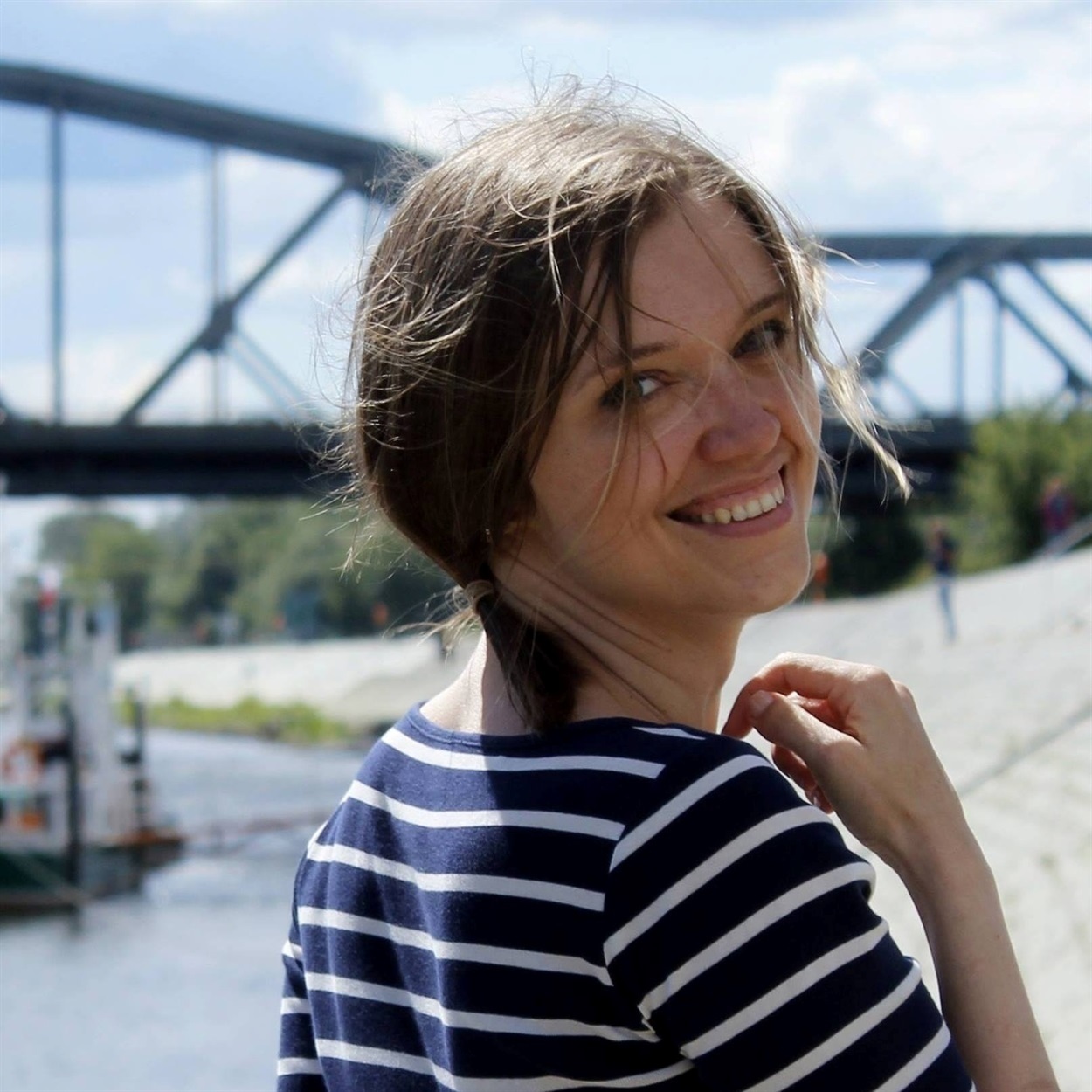 Фото: Photo credit: Yuliya Baranova’s archives
Фото: Photo credit: Yuliya Baranova’s archives
When an opportunity presented itself I recommended him to the head of the department for regional correspondents at the channel "Ukraine", Vlad Hruzynsyi. That was how Oleksandr got back to doing things he knew and loved. That was how he got back to journalism and met another best friend. He made much progress in terms of his profession, covering news from the Luhansk region at the national level.
And then a coup d’état took place in 2014 in Luhansk. Oleksandr was one of those journalists who stayed in the city to the last. When a direct threat to his and his family’s life became obvious, they abandoned the city and asked us to put them up for some time in Kyiv. He always stayed in touch with us. Mykhailo and he could spend hours talking on the phone.
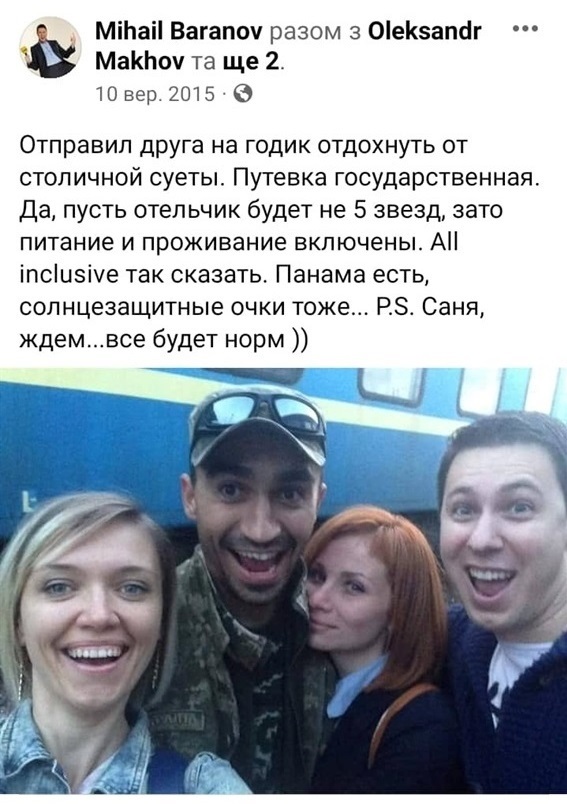
Надпис - I am seeing off my friend who is going to take a rest from the fuss of life in the capital city. His trip is covered by the government. He may stay not at a 5-star hotel, but the accommodation and food will be free of charge. All-inclusive, so to speak. Panama and sunglasses are with him. Oleksandr, we are waiting for you back. Everything will be fine.
Oleksandr, his wife, and his son came to spend several nights at our place. They seemed perplexed because they had to pack their whole life into several suitcases because a bunch of drunkards and collaborators had staged a coup d’état in the city they so much loved. They shortly began renting an apartment in Kyiv.
That was how they started a new life in Kyiv. After some time Oleksandr decided to go to war. My husband and I saw him off at the railway station. He joked and had fun as usual.
After some time he managed to get back from that war. It had left an indelible imprint on his soul forever. However, he embarked on creative work once again. Journalism was his middle name. He was creative, principled, and confident. He would always excitedly recount his trips to Antarctica, Congo, Wuhan, and Japan. He was not afraid of reaching the most remote places just to make his coverage better. He would report live from hot stops 24/7 if needed so that people knew the truth.
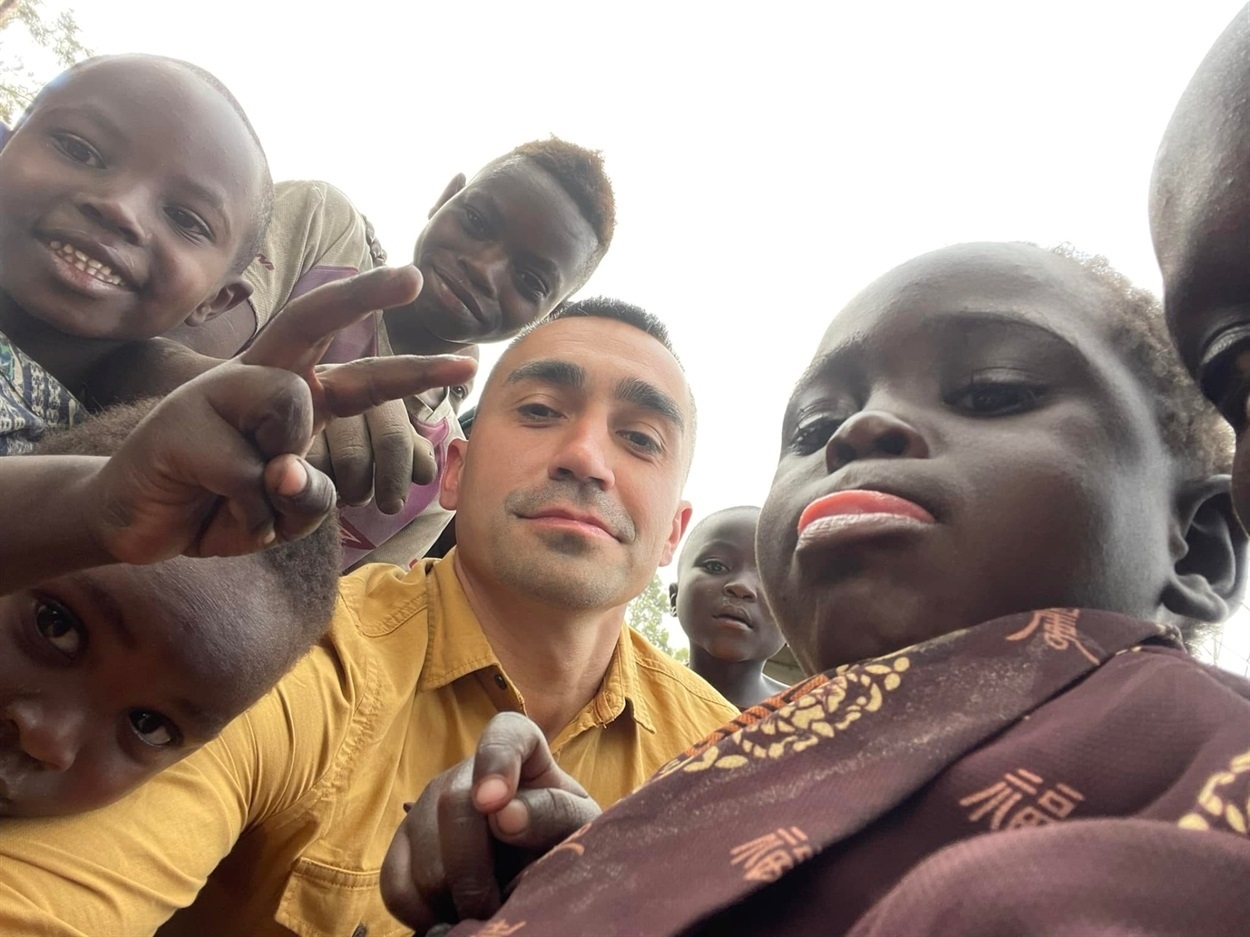 Oleksandr in CongoФото: Photo credit: facebook/Oleksandr Makhov
Oleksandr in CongoФото: Photo credit: facebook/Oleksandr Makhov
He would always take a T-shirt (that was partly torn as a result of shelling) on his trips reading "Luhansk is part of Ukraine".
He loved his son very much and had a hard time missing him. His marriage did now work out. He got divorced from his ex-wife living in another city.
However, his decision to go to war yet again did not catch me off guard. That was Oleksandr all over - a just and principled man. His girlfriend, Nastya, texted me saying that he had gone to war, having left her alone in their apartment. At that time Kyiv was being subjected to heavy shelling and she asked us if she could stay with us. Oleksandr left her his car so that she could flee from the city if necessary.
When we were on our way to Lviv, Nastya told me, "Oleksandr says you have been willing to move to Poland for quite some time. So, why are you still here?". Well, that was true. At some point, I did dream of moving to Poland because my ancestors had been deported from this country to Donbas years ago. Oleksandr knew this and he would periodically remind me about this wish of mine. He told me to overcome my fears and work towards my dream.
I learned about his death when I was in Warsaw. I just couldn't believe it… After days of despair, I came to realize that he would have been happy to know that his loved ones and friends enjoy life just like he did, that they are making their dreams come true for the sake of him and Ukraine, the country he loved so much. He had millions of friends and acquaintances and we would all snuggle up to his warmth. Rest in peace, my hero. You will always be in my heart.
Oleksandr Volchanskyi: "He was the first person to die on the front whom I knew personally"
Before war I was not Oleksandr’s close friend. I first met him during the Luhansk Euromaidan protests when I was taking photos in the central square of the city. I took pictures for myself and not for social networks. I was not working with any media outlet, however, my photos were used by lots of local newspapers. I remember him working as a journalist for one of Ukrainian TV channels. After some time we knew one another by sight and we would exchange greetings whenever we met.
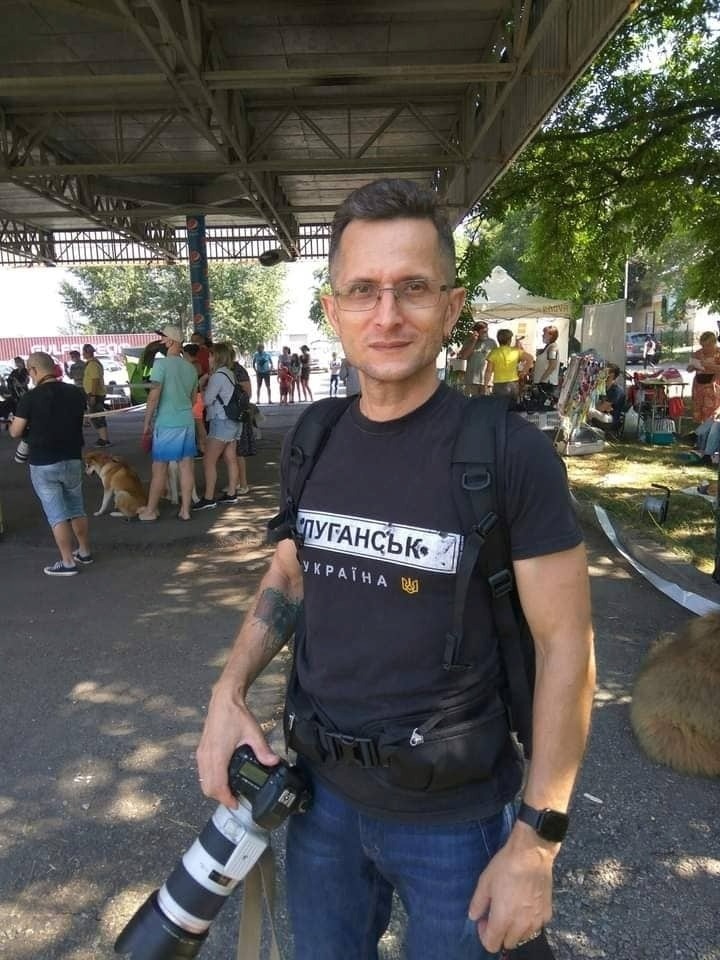 Фото: Photo credit: Oleksandr Volchanskyi’s archives
Фото: Photo credit: Oleksandr Volchanskyi’s archives
In the summer of 2014, my family and I left Luhansk. I continued to follow people from Luhansk whom I knew on Facebook. We all knew who was doing what. Just like anybody else I was following Oleksandr's page, while he was following mine. I knew that in 2015 he was conscripted into the army. I read all his posts written from the front. I read about him going to the Antarctic, evacuating people from Wuhan, and visiting protests in Novi Sanzhary (a city in Ukraine - translator’s note). I met him in person at the March of Defenders in Kyiv. I took a picture of him wearing a military uniform. Of course, we recognized one another and embraced.
It is because those natives of Luhansk who met during the Luhansk Euromaidan think of one another as friends. We continue our public activities in all cities of Ukraine. I continued to shoot lots of events in Kyiv, although I have never worked (nor do I work now) as a photographer for any media outlet.
After the full-scale invasion that happened on February 24, I learned that Oleksandr went to the front. I read his posts. His post about respect for the army turned out to be his last.
On the evening of May 4 an acquaintance of mine, editor-in-chief of a media outlet where I worked as a news correspondent from 2014 to 2018, told me of Oleksandr’s death.
He was the first person to die on the front whom I knew personally. I had seen deaths of my fellow countrymen before, however, I did not personally know them. Oleksandr’s death really shook me.
After I learned the place and date of the funerals I decided to come to shoot the last photo report for Oleksandr. I wanted to keep the memory of him for other people.
The funeral was visited by several natives of Luhansk who came to pay their last respects to him. His death shocked many of us.
Lyudmyla Dolhonovska: "Every time I think of the Luhansk region, I will think of Oleksandr"
I met him back in the days when I was working at the Luhansk civli-military administration. Oleksandr was working as a war correspondent with the channel ‚Ukraine‘. I remember our first meeting. We were interviewing the head of the military administration, Yuriy Harbuz. It was the fall of 2016 on Hrushevskoho street in Kyiv. I had this feeling at once that Oleksandr was my close friend. As our friendship evolved, I came to realize that he was ‚my man‘.
He loved the Luhansk region, the region that was Ukrainian. He was curt when it came to assessing others. He had a right to be curt as he had fought in the war. For him, the war had not ended in 2014 or 2015. Being a war correspondent, he lived in this war for 8 years. And it was this war that took him from us…
He was a cool guy. Sport, traveling, great projects… He lived to the full. Last fall I invited him to participate in our Military Run UA that was to be organized on October 9, 2022. He promised to come and to run 6 miles with us.
And I will show the picture of a handsome, smiling, and cheerful man to anyone who will ever raise a question of conceding our territories. And I will say that we will be fighting for his dream of returning to the Ukrainian city of Luhansk.
***
After three months of the Russian full-scale invasion of Ukraine, 280 crimes against journalists and the media have been committed. Deaths of 32 journalists killed by Russia have been confirmed. Eight of them have been killed while on duty. About 20 journalists are officially considered to be missing.

